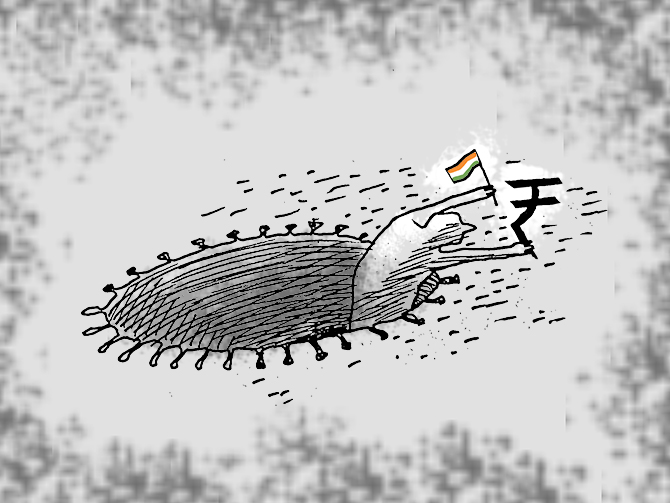Govt's e-commerce portal asks sellers to specify country origin of products.
Now, the commerce & industry ministry has mandated that the Government e-Marketplace, which has seen Rs 55,048 crore worth of transactions till now, adopt this approach in the interest of creating an 'Aatmanirbhar Bharat'.

The government's e-commerce platform has made it mandatory for sellers to specify the country of origin while registering new products on the portal.
The demand for specifying country of origin of products sold online has been gaining ground as India and China clash at the Ladakh border.
Domestic traders’ associations have been at the forefront of these demands, while rising nationalist sentiment, especially on the social media platforms, has called for boycott of China-made products and services.
Now, the commerce & industry ministry has mandated that the Government e-Marketplace (GeM), which has seen Rs 55,048 crore worth of transactions till now, adopt this approach in the interest of creating an 'Aatmanirbhar Bharat'.
“Sellers who have already uploaded their products before introduction of this new feature on the GeM, are being reminded regularly to update the country of origin.
"It’s with a warning that their products will be removed from the GeM if they fail to update," the ministry said in a statement on Tuesday.
All central and state government departments, and related public sector agencies are mandated to directly purchase common-use goods and services solely through the GeM.
Sellers have to register on the platform and compete with others in an open-market model.
The GeM has also enabled a provision for indication of the percentage of local content in products.
A "Make in India" filter has also been enabled on the portal.
Buyers can now reserve any bid for Class I local suppliers (local content greater than 50 per cent).
For bids below Rs 200 crore, only Class I and Class II (local content greater than 20 per cent) local suppliers will be eligible to bid, with Class I suppliers getting purchase preference.
As of Tuesday, the portal showcases 1.83 million separate products and services.
It already has 395,081 sellers and service providers.
This kitty is expected to soon become bigger as public procurement by two of the country’s largest government purchasers, the ministries of defence and railways, are subsumed under GeM.
By September, all general use goods and services currently purchased through the Indian Railways E-Procurement Systems, the Defence e-Procurement portal, and the Central Public Procurement portal, will have to be made through the GeM, said officials.
Officials are also toying with the idea of opening up the procurement portal soon to private entities to place bulk purchase orders.
Inaugurated in August 2016, the portal has repeatedly been pushed by PM Modi directly as a means to reduce largescale corruption that plagues the estimated Rs 5 trillion worth of procurement the Centre does every year.












 © 2025
© 2025